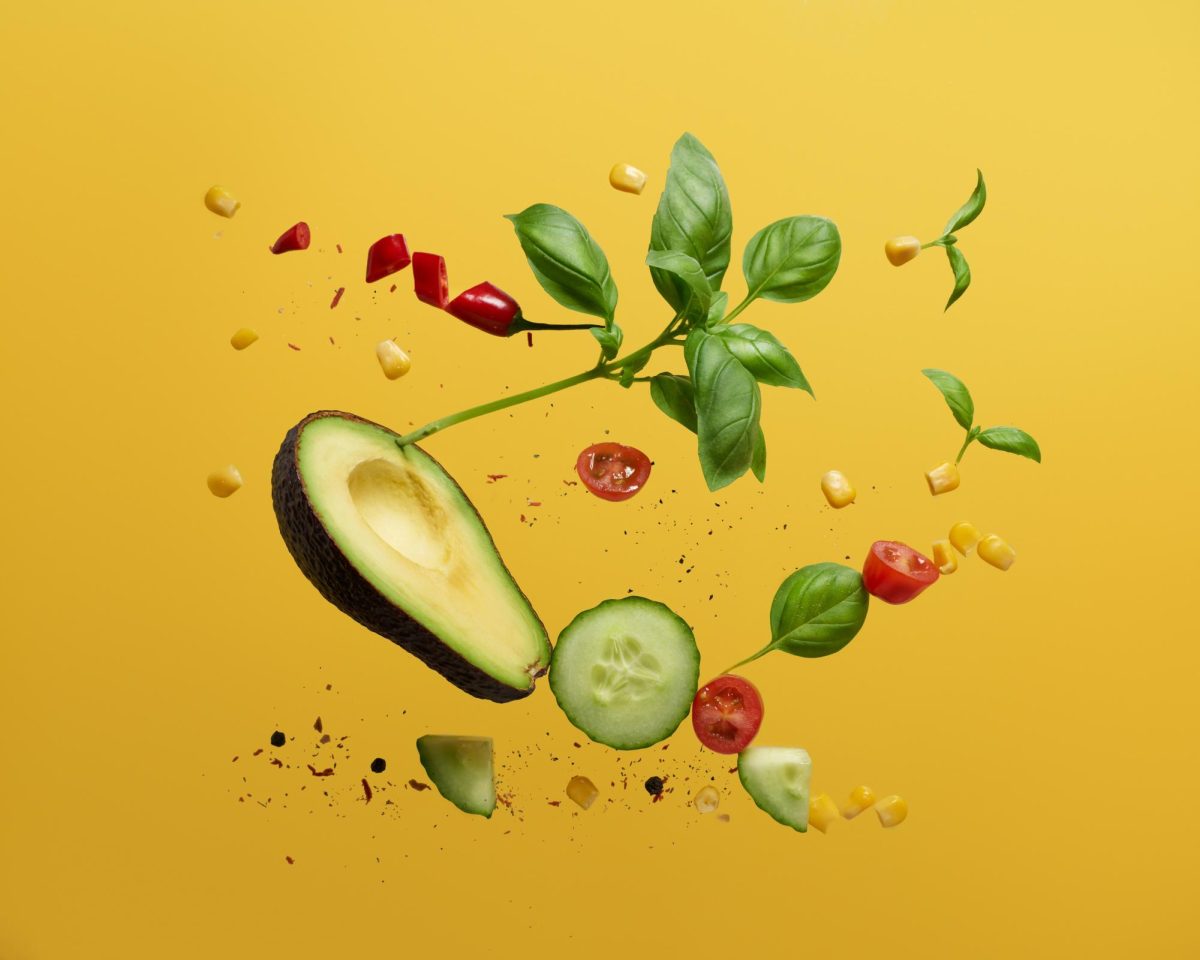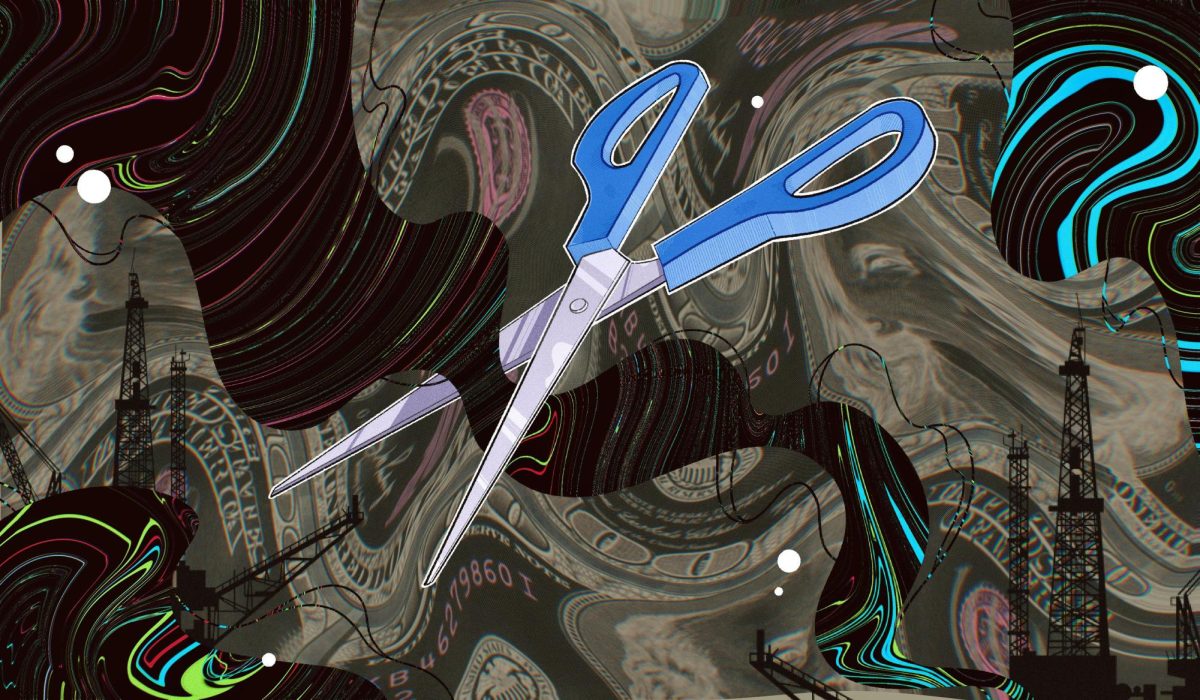
This past Wednesday, UCSD celebrated an accomplishment almost 6 years in the making when it became the first school in California (and the second in the nation after University of Wisconsin-Oshkosh) to become fair trade certified.
The honor came as a result of a newly signed fair trade policy, meant to increase human rights by ensuring that farmers who produce products like coffee receive a fair living wage. The policy — drafted and signed by administrators, campus vendors and members of the student organization One Earth One Justice — came into effect June 14.
According to the policy, vendors are required to sell only fair trade coffee, tea and sugar. Vendors who sell chocolate, ice cream, grains and quinoa are required to make one of the above available in a fair trade option. The policy also allows for future university expansion into other fair trade products, if and when they become available.
At the ceremony in Mandeville, members and alumni of OEOJ, founded in the fall of 2004, were recognized as major driving forces behind the on-campus fair trade movement. Since its inception, OEOJ has been fighting to broaden the presence of fair trade products on campus. The organization is almost singlehandedly responsible for raising the amount of fair trade tea, coffee and sugar on campus from zero to 64 percent in 5 years. With the new policy in place, members expect this number to rise to 100 percent.
The battle began 6 years ago, when the group was decided to focus on expanding fair trade options to all the vendors on campus. Having, with the exception of Fairbanks Coffee, accomplished this goal, members began work on a university policy that would make it mandatory for all on-campus vendors to carry fair trade coffee, tea and sugar.
“We sat down and hashed out what would be a reasonable policy based on the availability of fair trade products and their price,” OEOJ core member and UCSD alumnus Rishi Ghosh said.
Not that it’s been easy goings for OEOJ . Members met with the administration once a month for 5 years, coordinated events like Ben & Jerry’s ice cream give-aways on Library Walk to raise campus awareness and circulated a petition that amassed 1,000 signatures. Still, the students found it difficult to make any headway.
“There was a tremendous amount of bureaucracy,” OEOJ core member and UCSD alumnus Chris Westling said. “We spent a long time talking to the wrong people that weren’t making the decisions.”
The difference between their cause and similar ones, Ghosh said, was the students’ persistence.
“We found ourselves dealing with a lot of skepticism from the administration,” he said. “The administration perceived that we were concerned students, but I imagine they thought that we would eventually go away. We were very pragmatic in our tactic — we didn’t villanize the administration. We realized that they have a lot of obstacles to deal with themselves.”
According to Ghosh, the turning point came during Fall Quarter 2008 when OEOJ sat down with Chancellor Marye Anne Fox and convinced her of the environmental benefits of Fair Trade products. Having talked her around, discussion of the fair trade policy picked up speed, though there were some moments of doubt.
“Our original goal was not compromised at all [in the policy], but that doesn’t mean that we didn’t have a lot of long conversations about compromising it,” Ghosh said. “There were a lot of really tough times where we weren’t making any progress.”
Still, OEOJ’s efforts haven’t gone wasted. UCSD has joined the ranks of Fair Trade Certified universities, most of which are in the United Kingdom. To become fair trade certified by FairTrade USA, universities are required to have one fair trade product at each vendor. In addition to making fair trade coffee, sugar and tea available at all campus vendors and dining halls, the university is hoping to expand into other products, like chocolate and ice cream within the next few years.
Fair trade items can be identified by a small, monochrome sticker, which features a figure laid atop a globe, carrying two jugs. Items on campus that are currently fair trade include, among others, Ben & Jerry’s ice cream (select flavors) and Green Mountain Coffee Roasters.
For the money-conscious college student, the price difference between fair trade products and other items on the market are pennies on the dollar — though the price gap increases based on the product in question. According to Ghosh, while fair trade tea and coffee cost the same as the regular stuff, sugar tends to be two to four times more. As for products newer to the fair trade line, like produce, the cost difference is more substantial.
“Initially, the product has to be certified and there is a cost for that, which is built in,” Westling said. “But what fair trade does as well is that it builds a more direct connection with the farmer, the roaster, producer and consumer. And in doing so, it takes out a lot of the middlemen, so that saves a lot of money. So more or less, fair trade coffee costs the same as not fair trade coffee.”
Jessica Wall, a UCSD alumnus and a former OEOJ member, said fair trade products are higher quality than the average.
“There has to be some recognition of the quality improvement,” Wall said. “Fair trade producers are held to higher standards, resulting in a superior product with a more ethical footprint.”
Besides food, the policy states that fair trade signage will be displayed prominently at all locations, and employees will receive special training about the benefits of fair trade to continue to promote fair trade products. Additionally, there are guidelines for a new Fair Trade Advisory Committee, tasked with ensuring the new policy is upheld and that the university submits an annual report to FairTrade USA.
UCSD tailored its policy for rapid growth from the FairTrade UK model. However, with the UK chapter leading with over 120 certified universities and counting (the first in the world was Oxford Brookes, certified in 2003), there’s a lot of work to be done.
“We have the optional products available right now, and hopefully those can eventually become policy,” Westling said. “Fair trade wine just came out last year. There’s wine at Zanzibar at the Loft. That’s something we could do.”
Wall agreed with Westling, mentioning that fair trade still had kinks to work out.
“We can always do better with sustainability; everyone can,” Wall said, “It is a path, rather than an endpoint to be reached. While fair trade certification is far from perfect, it is a huge step up from the status quo.”
For Ghosh, it’s a question of both cost effectiveness and morality.
“This campus is of the students and for the students,” Ghosh said. “Then the businesses on campus should also be of the students and for the students.”
Additional reporting by Hayley Bisceglia-Martin and Rebecca Horwitz.







